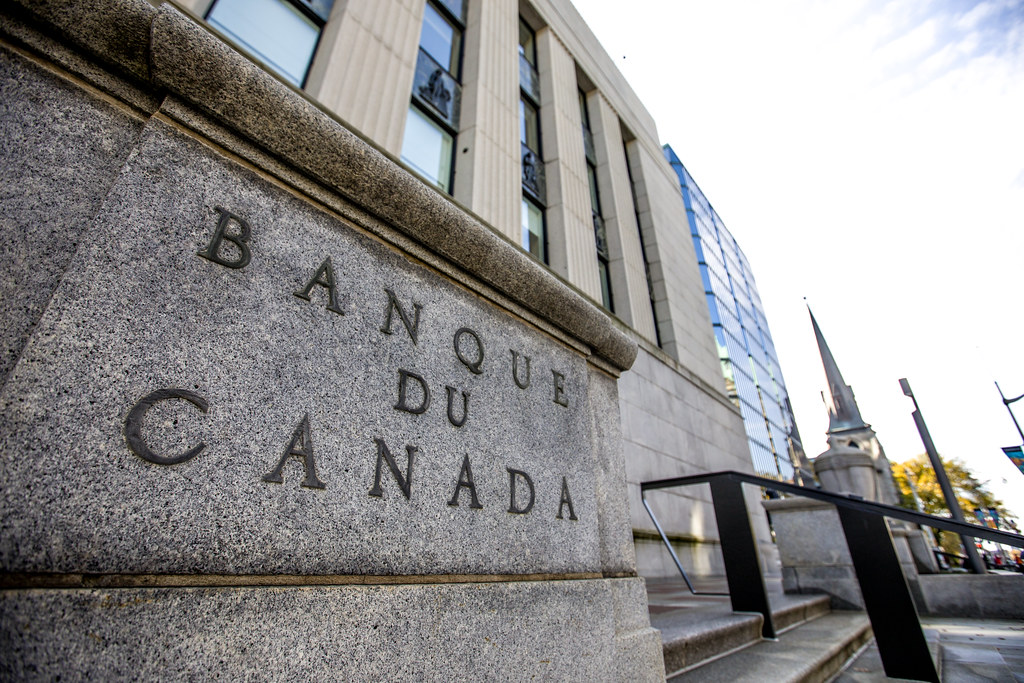Navigating Mortgage Rates

Navigating mortgage rates can seem like a daunting task for both first-time homebuyers and seasoned investors. Mortgage rates can fluctuate based on various economic indicators, government policies, and the competitive landscape among lenders.
Understanding how these rates are determined and the strategies to secure the best possible rate can significantly impact the overall cost of your mortgage and your financial health over the term of your loan. This article aims to demystify the process of navigating mortgage rates in Canada, offering practical advice and insights to help you make informed decisions.
Understanding Mortgage Rates

Mortgage rates are influenced by a combination of factors, including:
- The Bank of Canada’s Policy Interest Rate: This is the overnight rate at which banks lend money to one another. Changes in this rate can influence lenders’ prime rates, which in turn affect variable mortgage rates.
- Bond Market Yields: Fixed mortgage rates are closely tied to the government bond market, particularly the yield on 5-year government bonds. As bond yields rise or fall, fixed mortgage rates tend to follow.
- Economic Indicators: Inflation rates, employment data, and GDP growth can all influence mortgage rates. For the most current information, see our latest Bank of Canada rate update, which provides insights into how strong economic indicators may lead to higher rates, while weaker data can result in lower rates.
- Lender Competition: The level of competition among banks, credit unions, and other mortgage lenders can also impact rates. Lenders may adjust rates to attract more customers or match competitors’ offers.
Fixed vs. Variable Rates
One of the first decisions you’ll need to make is whether to choose a fixed or variable rate mortgage. Each option has its benefits, and understanding how to choose the right mortgage for your situation is crucial for financial stability and predictability in your monthly payments.
- Fixed-Rate Mortgages lock in your interest rate for the term of the mortgage, providing stability and predictability in your monthly payments. This can be particularly appealing in a low-rate environment or if you prefer to budget with certainty.
- Variable-Rate Mortgages fluctuate with the lender’s prime rate. While this can mean lower interest rates and payments when rates are falling, there’s also the risk of increasing rates and payments.
Tips for Navigating Mortgage Rates

- Stay Informed: Keeping abreast of economic news, Bank of Canada rate announcements, and bond market trends can provide valuable insights into potential mortgage rate movements.
- I Do the Shopping: Don’t settle for the first rate offered by your bank. Explore options from various lenders, including credit unions and mortgage brokers, who can access rates from multiple sources. Understanding the different types of mortgages explained can help you make a more informed decision.
- Consider the Term: The term of your mortgage can affect your rate. Shorter terms may offer lower rates but less payment stability than longer terms. Assess your financial situation and risk tolerance before deciding.
- Lock in Your Rate: If you’re applying for a mortgage and rates are expected to rise, consider locking in your rate with a rate hold, which can protect you for 60 to 120 days. This is particularly important if the Bank of Canada is set to raise the qualifying rate, affecting your borrowing power.
- Review Your Options Mid-Term: Conditions change, and so might your financial situation. Periodically review your mortgage to see if refinancing or switching lenders could offer savings.
- Pay Attention to Penalties: If there’s a chance you’ll sell your home or refinance before the end of your term, be aware of prepayment penalties, which can be significant, especially for fixed-rate mortgages.
- Use a Mortgage Broker: Mortgage brokers like Donna Lewczuk can offer you rates from a variety of lenders and may help you find a better deal than you could on your own, especially if you have unique circumstances or don’t fit the typical borrower profile. For those considering larger investments, understanding why a commercial equity loan could be beneficial is another way brokers can assist.

Conclusion
With careful planning and a bit of negotiation, you can navigate the complexities of mortgage rates in Canada and find a loan that supports your dream of homeownership in a financially savvy way. Strategies such as paying off your debt and reducing the amortization on your mortgage can further enhance your financial health over the term of your loan.
After diving into the complexities of navigating mortgage rates in Canada, it’s clear that finding the right mortgage strategy tailored to your needs is essential. Whether you’re a first-time homebuyer or a seasoned investor, the guidance of a knowledgeable mortgage broker can make all the difference. Donna Lewczuk, a seasoned mortgage broker with expertise in various mortgage options, is here to help you navigate this journey.

If you’re considering purchasing a home in Niagara Falls or Burlington, Donna’s personalized services ensure that you’re matched with the best possible mortgage rates and terms suited to your unique situation. Explore your options with Donna Lewczuk by visiting the mortgage broker in Niagara Falls and mortgage broker in Burlington pages on our website. Embark on your path to homeownership with confidence, supported by Donna Lewczuk’s expertise and dedication to your financial success.
